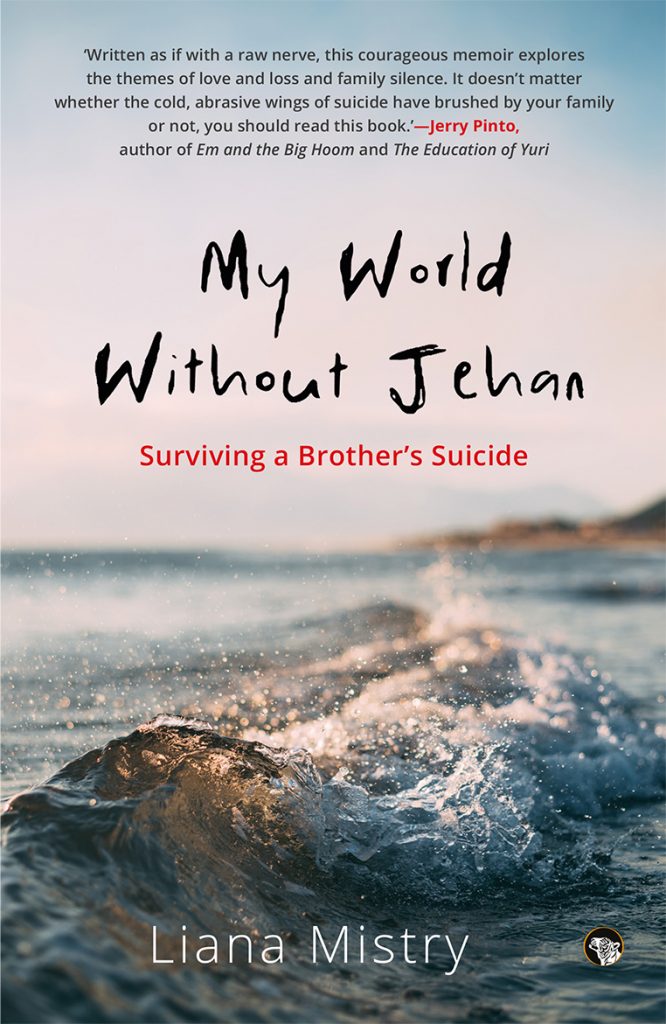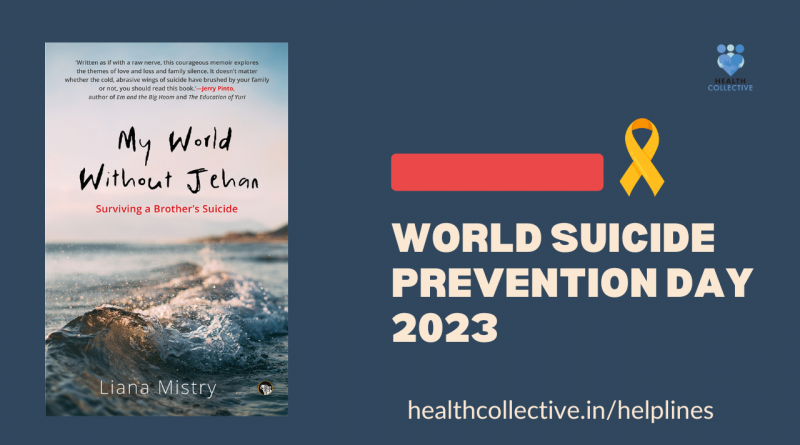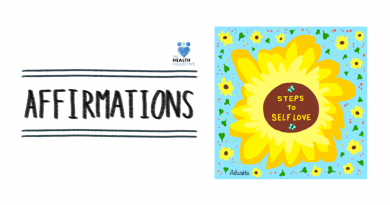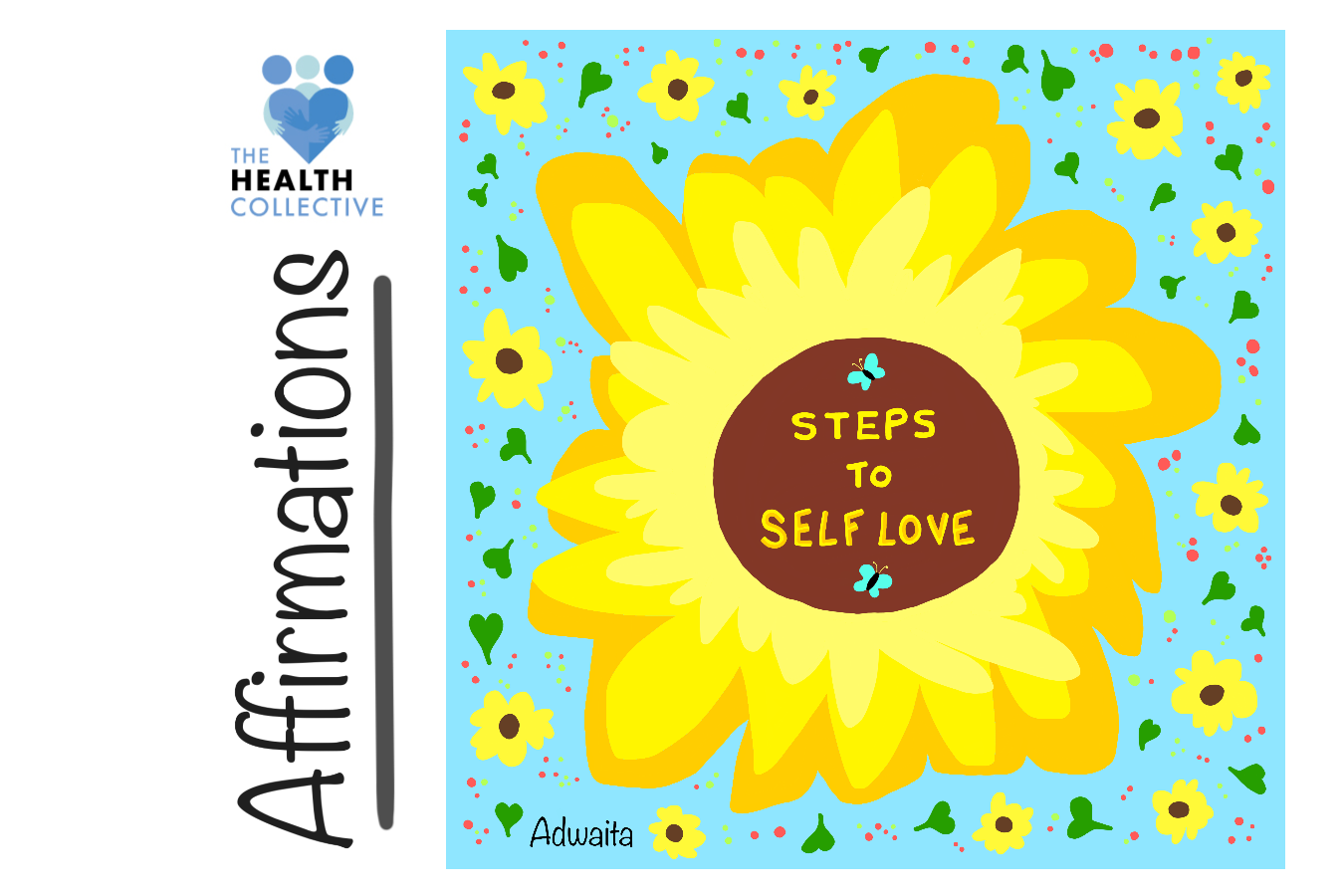My World Without Jehan: Surviving a Brother’s Suicide
Trigger warning: #Suicide
This excerpt relates to surviving a death by suicide. Please do not keep reading if you are feeling triggered. Please reach out for help via helplines or trusted professionals
Perhaps they grieved in private, perhaps they held each other in the night. Perhaps they watched, sorrowing, as their two surviving children drifted far away from them, even as we lived in the same house. But we never spoke of Jehan’s death. We were too busy searching for our new normal. Besides, there was a wedding in the family, and life on the surface was busy and happy. The wider I smiled, the louder I laughed, the more it seemed to me that I was gasping for breath.
Was I the only one grieving for Jehan? I couldn’t articulate the question, so I had no way of knowing. It became embarrassing when everyone else seemed to be getting on with the business of living. I locked my grief deep inside, never letting it out in front of my family. That key was lost and the lock stayed firmly in place until a few years ago.
My World Without Jehan, Surviving a Brother’s Suicide: Liana Mistry

One evening, Fali sat sprawled on the little sofa. The house was silent, Zarir wasn’t around, and no music was playing for a change. I barely noticed his presence. It was unusual for him to be home in the evenings, with the wedding planning on in full swing at his fiancée’s home. As I brushed past him, he pulled me onto his lap and cuddled me, while I sat there, tears running down my face. I had mastered the art of crying without movement or sound; sometimes I didn’t register that I was crying myself. After a while, my face grew hot and sticky, I shrugged his arms away and left him still sitting there. That is my only memory of Fali and me mourning together. He dealt with his grief in his own reserved way, and this was the only point at which the arcs of our grieving ever met. Perhaps I could have tried harder to say the words: I miss Jehan so badly. I hurt so much. Do you? But the words would not come. I was scared I would wail out my grief if I opened my mouth. I was terrified of being pulled under the surface. There would be no emerging, it seemed to me, from that final drowning. So I trod water, I smiled, I laughed and no one ever questioned my normal behaviour.
Cherie, our dachshund, had stopped trying to enter Jehan’s bedroom ever since that September evening. She had been brought home as a tiny puppy, soon after our old dog, Tina, passed away.
I had come home from school one day to find Jehan and Honey in a state of high excitement. I was extended an elaborate invitation into that holiest of sanctums, Jehan’s bedroom, where, normally, I would be greeted with a shoe thrown with unerring accuracy if I so much as put a toe in through the door. I entered his beautifully appointed room. The curtains were a deep blue, scattered with cheerful lighter blue and yellow daisies, very Seventies. The counterpane on his bed was a matching shade of blue. I coveted those curtains and counterpane, hand-me-downs from the American family we had known in our home by the Arabian Sea.
I didn’t notice who was lying on the bed at first. A tiny dark chocolate velvety cushion, set off artistically by the bright blue counterpane and a big red satin bow. Then the cushion unfurled herself and stared up at me with the most melting dark eyes. She was Cherie and I think she felt that Jehan’s room was her territory by law of first possession. Vagabond, our house cat, was far too dignified to ever enter a room where a piece of footwear might be chucked at him. Not so Cherie. She kept up her determined forays into Jehan’s room, yelping when the shoe found its mark, her love armour enough.
Cherie and Vagabond reacted differently to the death in the house. Vagabond disappeared for some days, then came back, thin and hungry. He remained skittish about entering the house, no matter how much we coaxed him. He ate at the back door hurriedly and then melted away. Cherie moped. She went off her food, hid under furniture or curled up at Honey’s feet. She avoided Jehan’s room, much like the rest of us, even though the door stayed open. The lock had been broken when Zarir barrelled his way into the room and it would stay that way. None of us had yet worked up the nerve to enter it. In fact, I did not step into his bathroom until just before we fled from that house forever. Even then, almost a year later, my palms were sweaty and my heart racing as I entered and forced myself to look up at the shower pipe.
One morning a few weeks after the funeral, Honey woke up and found Cherie curled up on a pile of Jehan’s shoes and boots in the middle of the living room. She had spent the night dragging them out and then lay in this nest until Honey gently routed her out for breakfast. This went on for a few nights until the shoes began to show signs of scuffing and teeth marks. Finally, Eruch gently closed the door that had stayed open all these days and thus ended Cherie’s mourning.
Zarir too was changing. He still came home almost every day; he was a rock to four people, each grieving in a private space, and he tried to be there for each one of us. Our dependence on him was wholly unfair. We should have been helping him come to terms with what he had seen and with what he had had to do. Instead, each of us leant on this twenty-four-year-old for solace and comfort. It would take some time for the trauma to leave its mark on him. I imagine, in those early days, the shock had left him as empty and dazed as I was, and that was the only thing that got us both through the next three months.
Extracted with permission from My World Without Jehan: Surviving a Brother’s Suicide by Liana Mistry. Published by Speaking Tiger Books, 2023.




